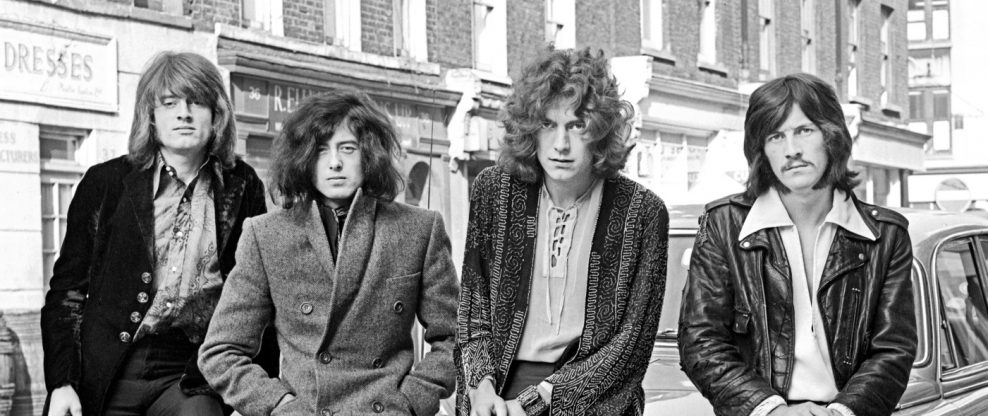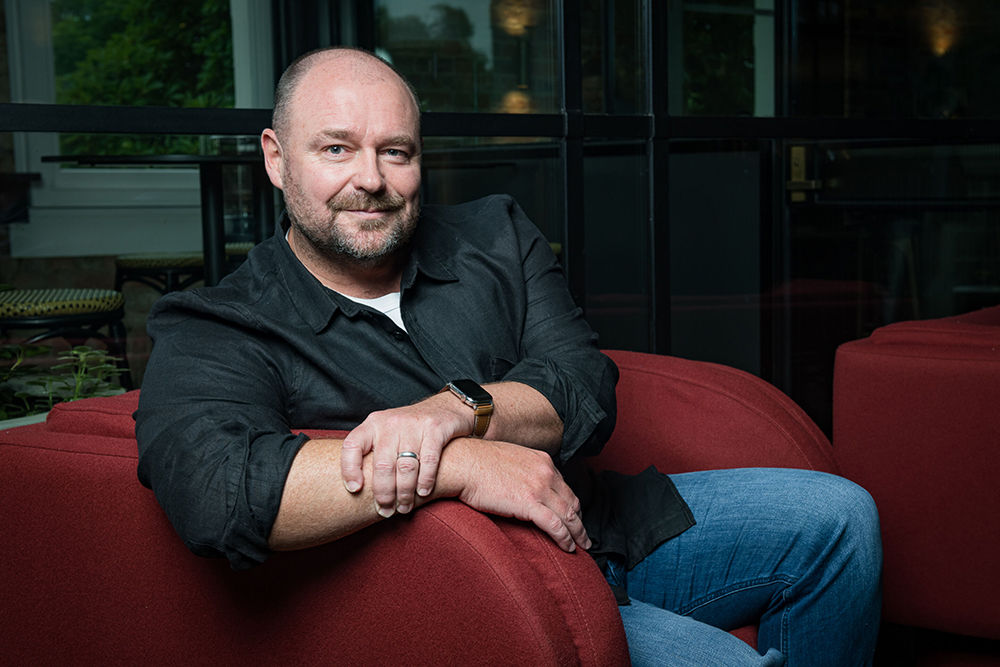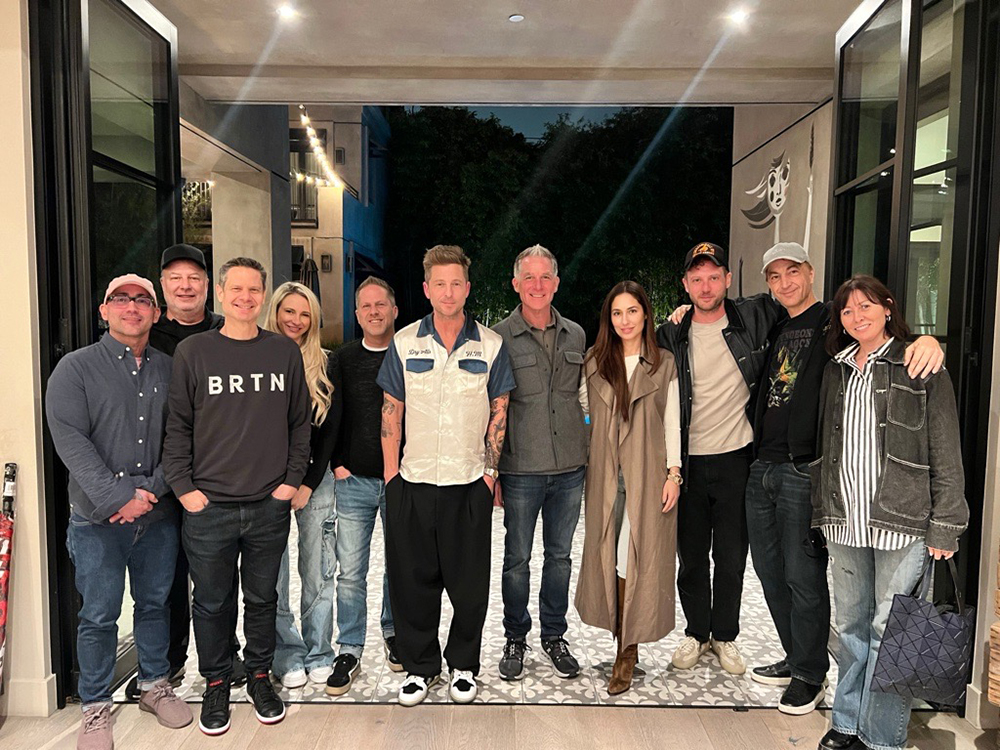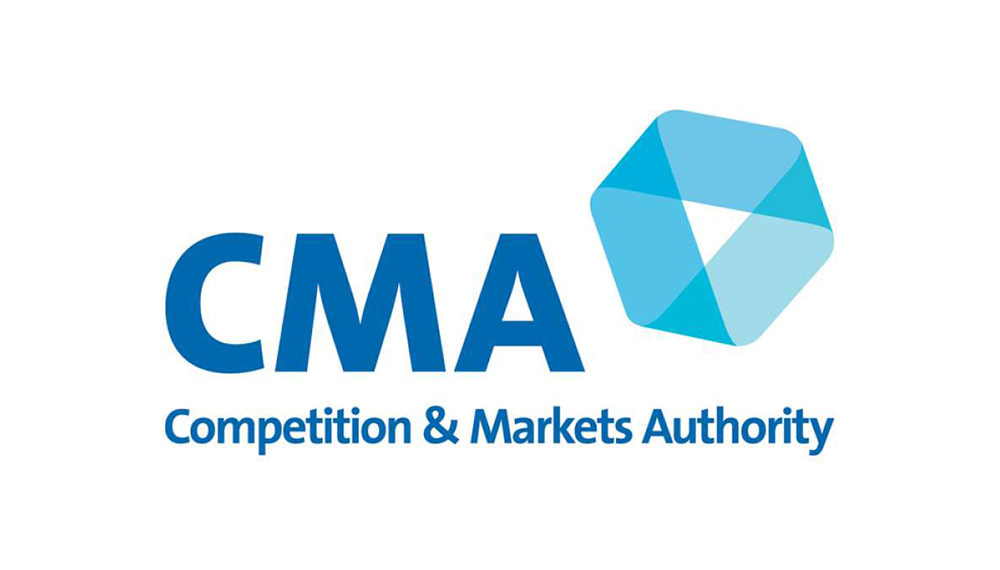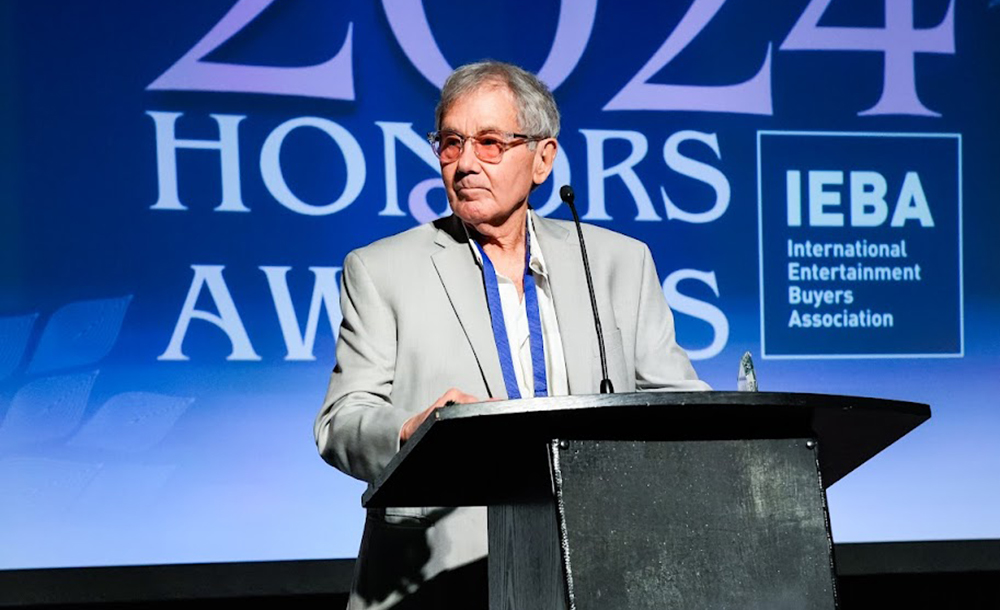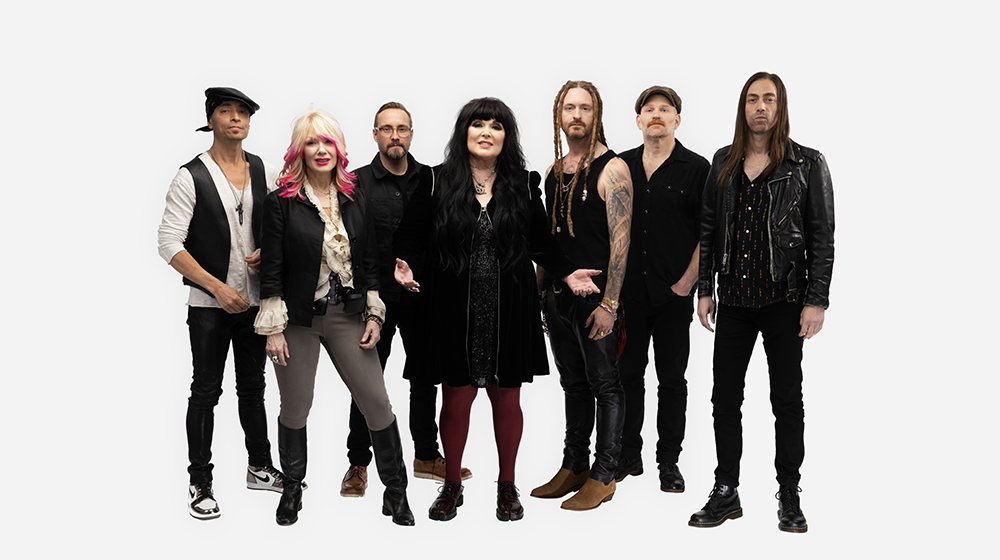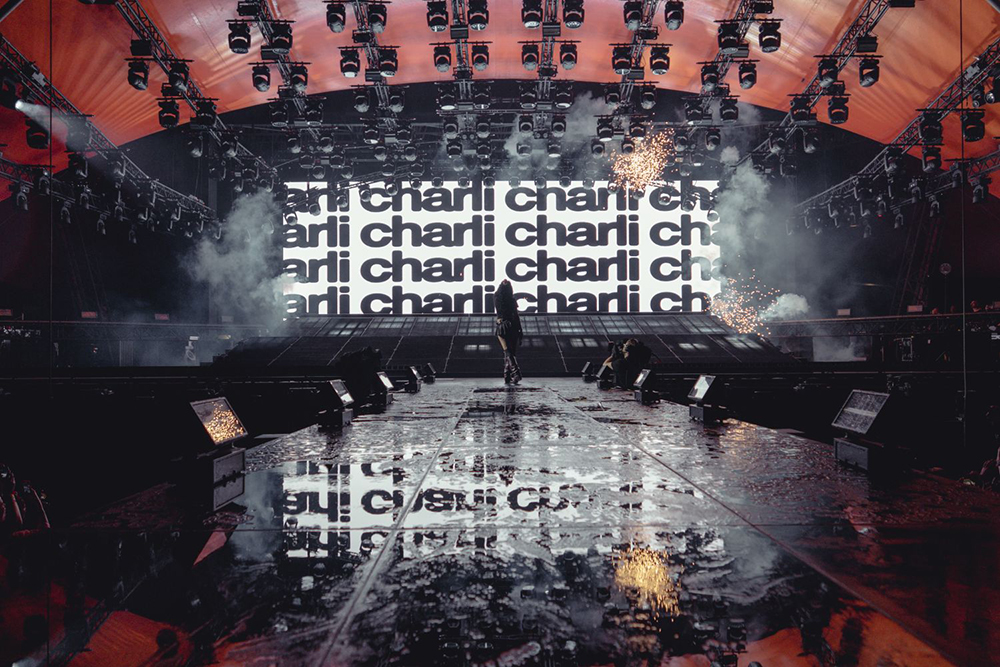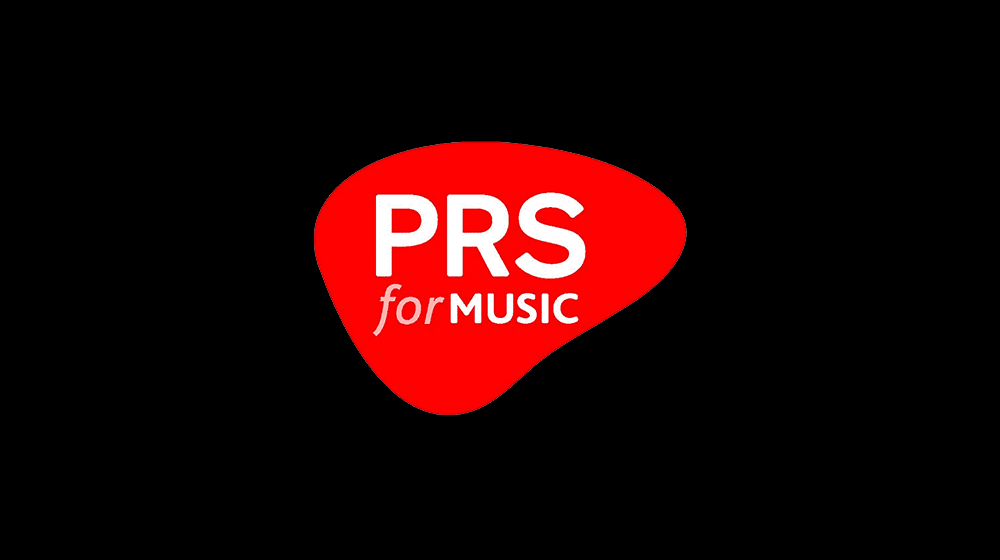NEW YORK (CelebrityAccess) The decades-long argument that Led Zeppelin may have taken some chords from another artist to create its legendary song “Stairway To Heaven” has not ended, with a federal appeals court taking up the issue.
The court is now considering whether juries should hear sound recordings that will compare/contrast the song with the instrumental piece “Taurus” by songwriter Randy California. Led Zeppelin members Jimmy Page and Robert Plant won an initial trial in 2016 when a jury found the musicians may have heard the song before writing “Stairway” but didn’t find the works substantially similar.
However, the 9th Circuit gave the camp of Randy California, real name Randy Wolfe, a win, finding that the jury had been improperly instructed, according to Billboard.
“Respectfully, the decision errs in faulting the district court for omitting a selection-and-arrangement instruction even though plaintiff objected to the district court giving it, and for instructing — correctly — that copyright does not protect public domain elements,” argued Zeppelin attorney Peter Anderson. “The decision also errs because more probably than not the verdict would have been the same. The errors warrant en banc review because if left uncorrected they allow a jury to find infringement based on very different uses of public domain material and will cause widespread confusion in copyright cases in this Circuit.”
Countered attorney Francis Malofy, “”Nearly every song composed from 1909 to 1978, excepting classical music, was composed on instruments, not sheet music. The lead sheets submitted to the Copyright Office are complete enough to identify the songs, but almost never consist of all the notes in the musical compositions. … There is no evidence, no statutory text, and no reason to believe that Congress ever intended that an author converting his common law copyright to a federal copyright by registration could possibly shrink/modify the scope of his already existing copyright.”
Either way, Led Zeppelin has been known to have its share of uncredited sources.

